US maximum pressure will be met with ‘maximum resistance’, will fail again: Iran Deputy FM
A deputy Iranian foreign minister says any attempts by the upcoming administration of US President Donald Trump to re-impose Washington’s “maximum pressure” policy against Iran will be met with “maximum resistance” on the part of the Islamic Republic.
Majid Takht Ravanchi, Foreign Minister Abbas Araghchi’s deputy for political affairs, made the remarks to The Financial Times.
Trump undertook the strategy during his first presidency, unilaterally and illegally leaving a historic nuclear agreement between Iran and world powers and returning and even intensifying the sanctions that the deal had lifted.
If Trump adopted such an approach again, “maximum pressure will be met with maximum resistance,” Takht Ravanchi said.
In response to the United States and others’ non-commitment to and violation of the nuclear deal, the Islamic Republic markedly expanded its nuclear energy activities and further invigorated its trade ties with its international and regional partners.
The Western pressure, meanwhile, failed to force Iran into returning to the negotiation table under duress, while the Western parties remained in contravention of the agreement.
“We will continue to work around sanctions, diversify our trade partners, and strengthen regional relations to maintain calm,” Takht Ravanchi added.
The ranking diplomat said re-imposition of the American policy would not “lead to significant changes,” including in the oil sector.
“If the Trump administration decides to pursue the maximum pressure policy in the oil market again, it will surely fail. In today’s world, no single country can dictate terms to the entire international community.”
‘Door left open for talks’
The official, however, said, “We do favor negotiations, as we proved [with that deal],” but reminded that it was Trump and his officials, who “sabotaged the negotiations previously” and were “unwilling to negotiate.”
“It is up to them to practice the same approach for another four years and fail again. But that is an irrational thing to do,” Takht Ravanchi said.
The official reiterated that Iran had kept the door open to negotiation, saying the nuclear deal could be used as a frame of reference for potential further agreement.
“If the other parties return to their commitments, we have repeatedly said that we are willing to do the same.”
He added, though, that it was “premature” to speculate about the courses of action that the upcoming American administration would take concerning Iran.
“As for negotiations, we need to observe US policy and decide how to respond accordingly,” Takht Ravanchi said.
He also commented on the former Trump administration’s assassination of Iran’s top anti-terror commander, General Qassem Soleimani, in 2020, saying the Islamic Republic’s “judiciary has initiated legal proceedings [concerning the atrocity] and will continue along this path based on our principles.”
The senior diplomat, meanwhile, addressed the issue of the Israeli regime’s attack on the Iranian soil last month, saying the country “does not seek war, confrontations or tensions, even though it is prepared to confront any imposed war.”
Takht Ravanchi, meanwhile, reaffirmed the Islamic Republic’s ongoing robust support for the regional Axis of Resistance. ”That is the policy of the Islamic republic and will not change.”
He further spurned reports alleging taking place of a meeting between Iran’s Ambassador to the United Nations, Amir Saeid Iravani, and Trump ally Elon Musk.
“No such meeting took place…Had such a meeting occurred, we would have been very transparent about it.”
5 Israeli forces killed as Palestinian fighters face up to regime’s war machine
VIDEO | Israeli settler killed during strike against Tel Aviv; fresh aggression targets Yemen’s capital
VIDEO | Yemen’s missile strikes on Tel Aviv
Iran to open 6 GW of new power capacity by next summer
VIDEO | South Korean rallies set the stage for battle over Yoon's impeachment
Hamas, other Palestinian groups say Gaza ceasefire deal ‘closer than ever’
VIDEO | Press TV's news headlines
Iran condemns ‘violent’ attack on Christmas market in Germany


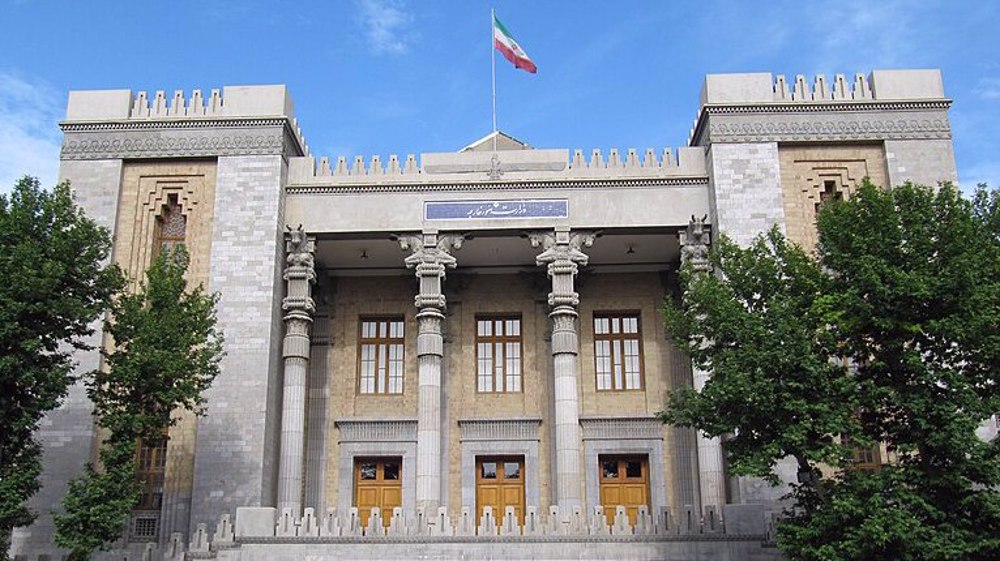
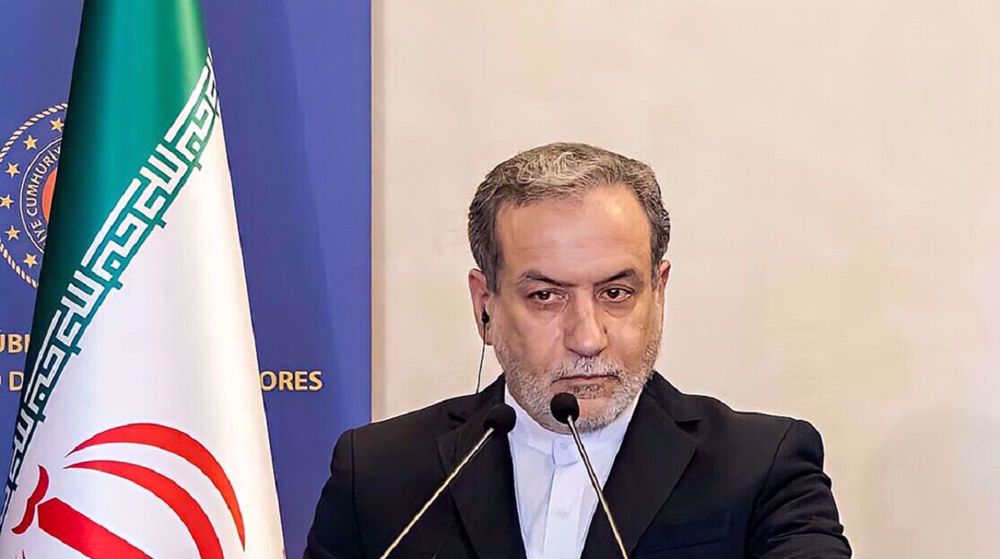
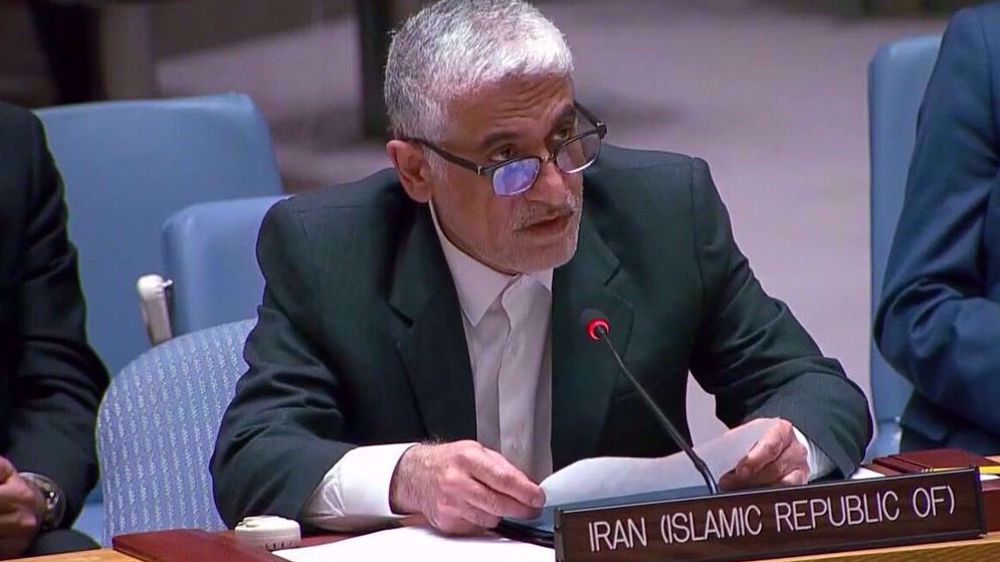
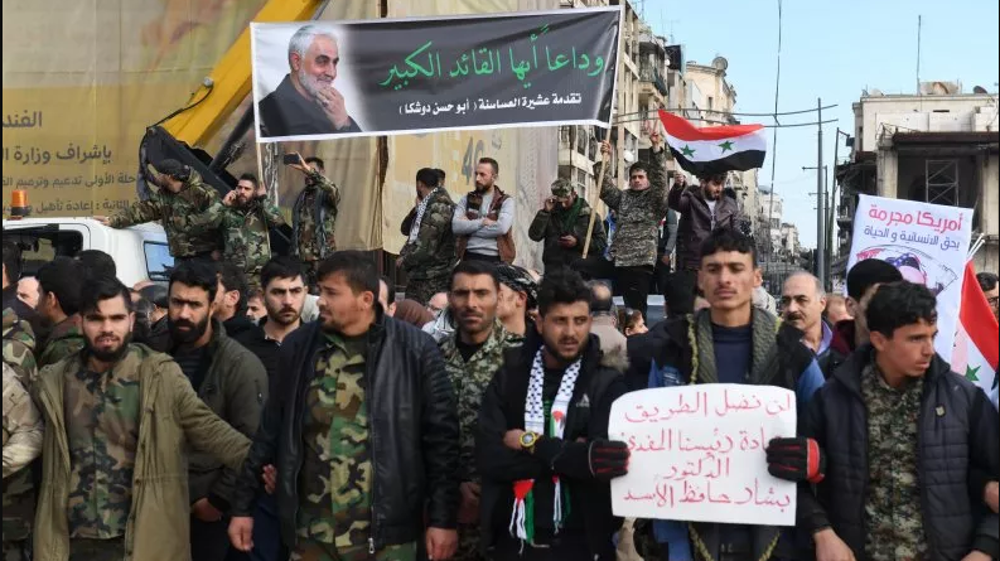
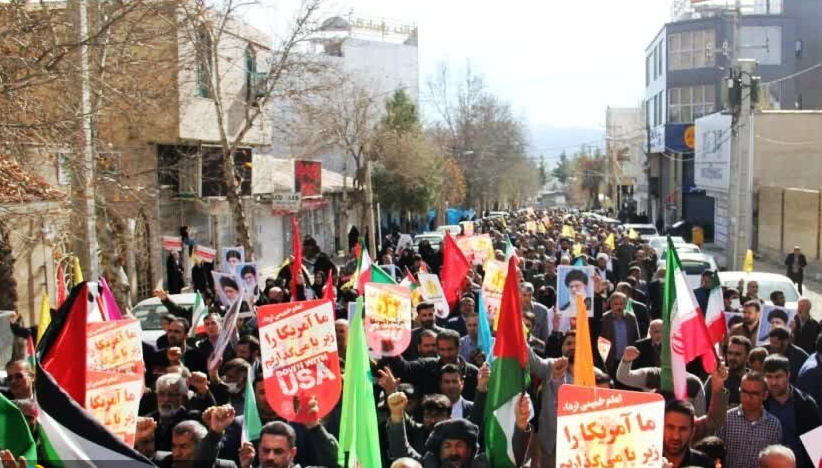




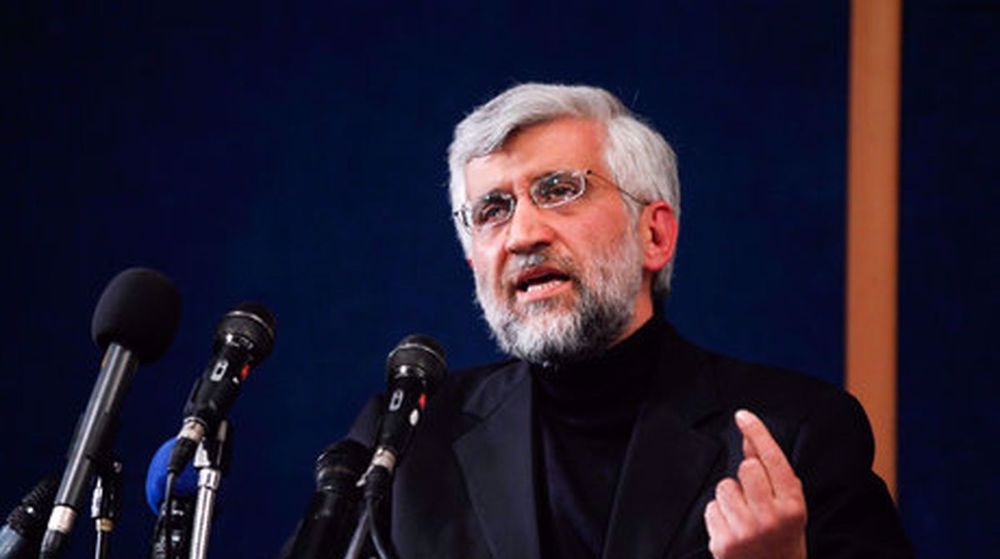
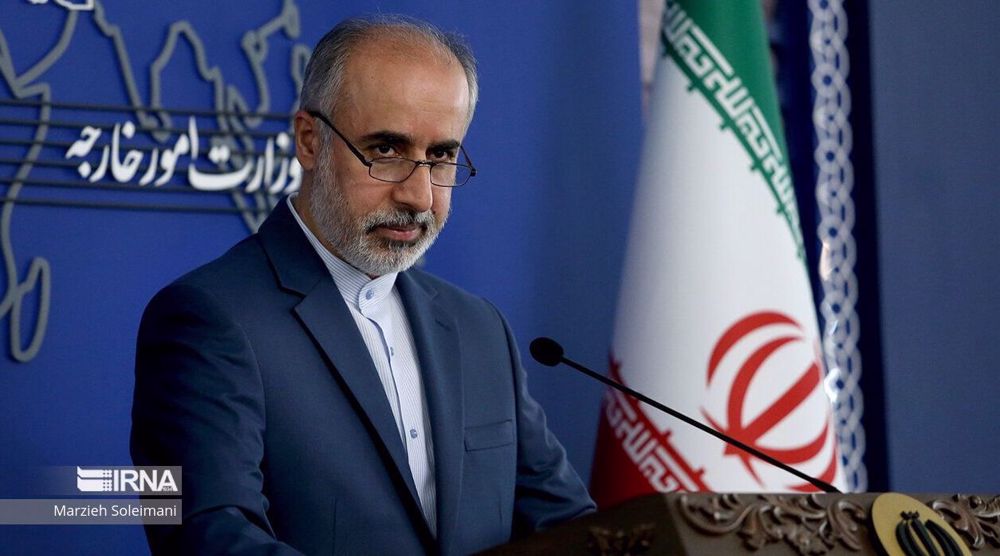
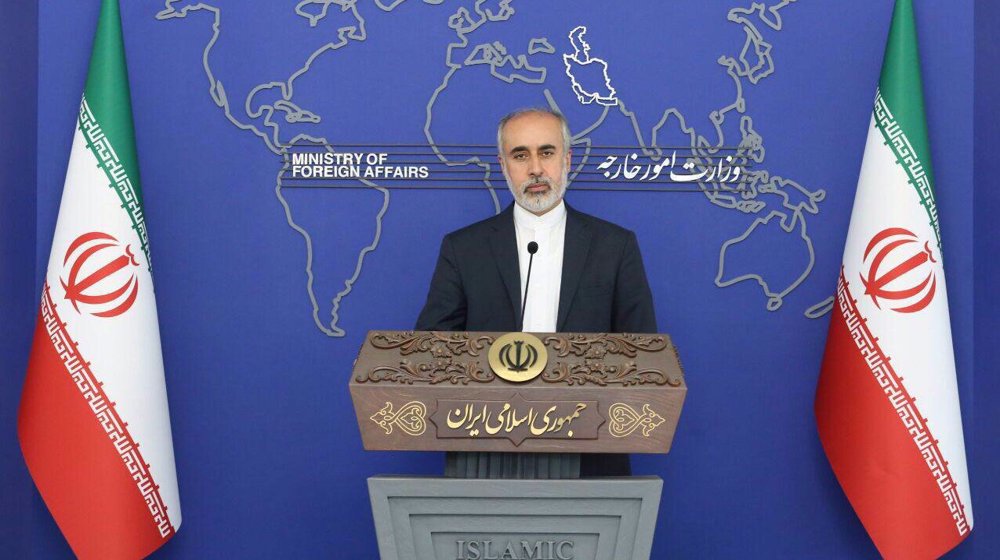

 This makes it easy to access the Press TV website
This makes it easy to access the Press TV website